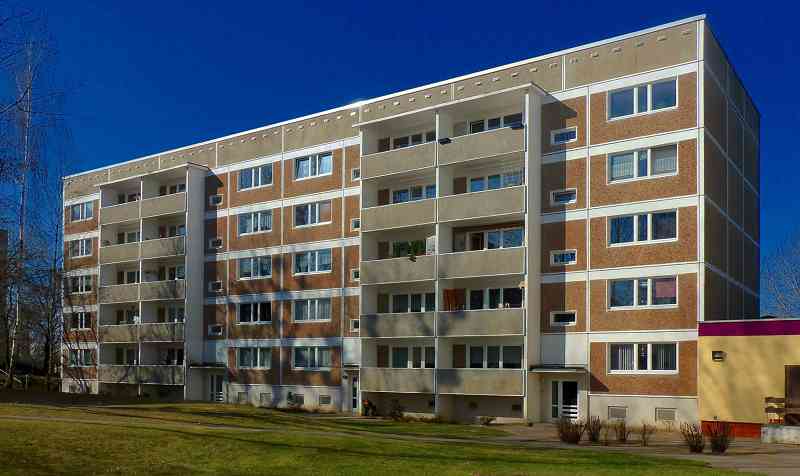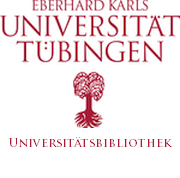Rural gentrification and social conflicts. The example of Gerswalde near Berlin.
DOI:
https://doi.org/10.18156/eug-1-2022-art-4Abstract
Rising rents and property prices in cities, the decoupling of living and working places through digitalization and the greater proximity to nature are making rural areas and villages appear attractive. In some cases, this leads to an influx of high-income households into shrinking village communities, as in the small village of Gerswalde close to Berlin. In this case the process of rural gentrification leads to tensions between old and new residents, which we explore through the theoretical lens of intergroup contact theory. Based on a quantitative survey, this article examines the attitudes of long-standing residents towards the new Berliners and the resulting conflicts. About half of the respondents reject Berliners and the influences they have on village life. The resulting conflicts are related to the social differentiation of the village population and the unwillingness of the newcomers to adapt to the existing structures and rules.






